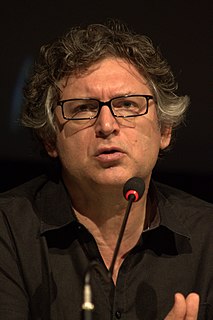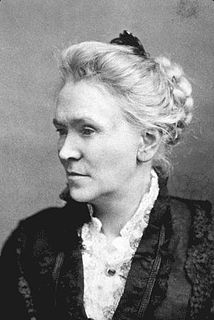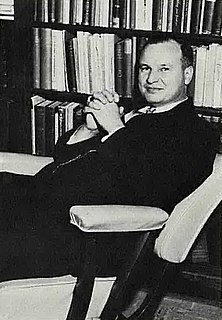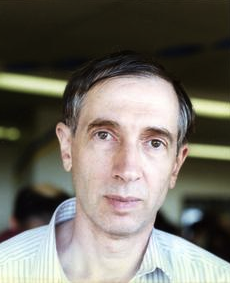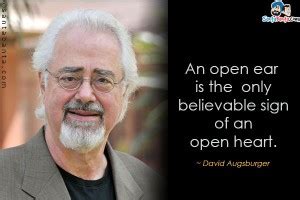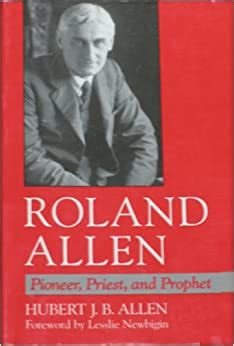A Quote by Christian Smith
The problem is that, regardless of what our theologies tell us about the purpose of the clergy, the actual effect of the clergy profession is to make the body of Christ lame. This happens not because clergy intend it (they usually intend the opposite) but because the objective nature of the profession inevitably turns the laity into passive receivers.
Related Quotes
The clergy profession is fundamentally self-defeating. Its stated purpose is to nurture spiritual maturity in the church - a valuable goal. In actuality, however; it accomplishes the opposite by nurturing a permanent dependence of the laity on the clergy. Clergy become to their congregations like parents whose children never grow up, like therapists whose clients never become healed, like teachers whose students never graduate.
You mean am I for it or against it? You think this is a key question I'm going to be asked on Vega, and you want to make sure I give the right answer? Okay. Overpopulation is why I'm in favor of homosexuality and a celibate clergy. A celibate clergy is an especially good idea, because it tends to suppress any hereditary propensity toward fanaticism.
It has not been without bitter resistance by the clergy that woman's property and educational rights have advanced. Woman's anti-slavery work, her temperance work, her demand for personal rights, for political equality, for religious freedom and every step of kindred character has met with opposition from the church as a body and from the clergy as exponents of its views.
The Church, rightly conceived, is the whole covenant people called to serve in the world. The clergy are also part of the laity, and their true function is to help equip the laity to be the Servant People. If they turn aside to rule and to secure their own status, they have betrayed the calling of the special ministry.
I come to the categorical conclusion that precisely at this moment we must give battle to the Black Hundred clergy in the most decisive and merciless manner and crush its resistance with
such brutality that it will not forget it for decades to come. The greater the number of representatives of the reactionary clergy and reactionary bourgeoisie we succeed in executing for
this reason, the better.





